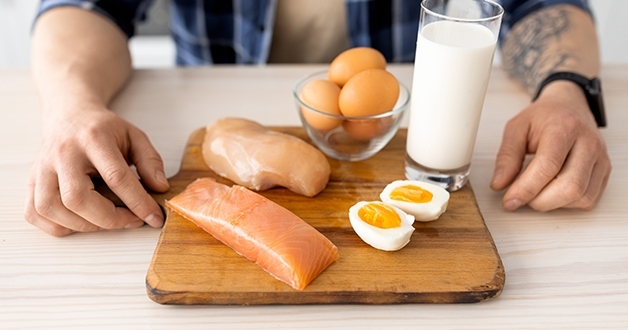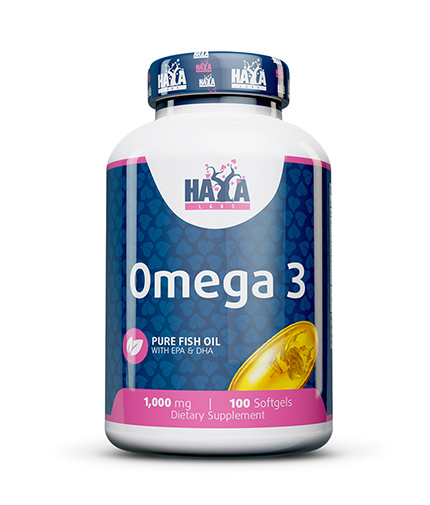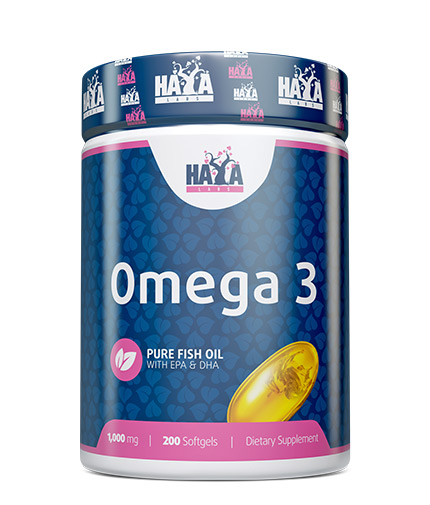
Fish + milk?
0
2408
Some people do not think that serious arguments will be found against the combination of fish and milk. To them, avoiding it is a no-matter recommendation given twenty years ago. For others in this old council, there is a great deal of truth.
Is this debate based on food control or pure biochemistry standards?
A question of a chemical reaction?
The chemical reaction between fish and milk when consumed together is based on incomplete degradation of protein molecules of different origins and their subsequent interaction.
The consequence could be so-called "poisoning" after simultaneous consumption of both products. But this is controversial, and not all, consuming this combination, even complain of mild stomach discomfort.
The absorption of animal proteins from the body is generally related to the release of more toxins as byproducts.
When metabolic pathways for protein digesting are additionally "staggering" with different types of proteins, biochemical reactions and interactions become even more complex.
It is most likely a poor combination of these different sources of protein, the involvement of divergent enzyme systems with their intermediates, and so on. Rarely, unpleasant consequences are possible.
The fish?
It is not to neglect the high content of mercury and toxins in some species. If the fish itself is poorly stored, spoiled or poisoned, there is no room for discussion. With milk or no milk, stomach problems are guaranteed, and sometimes you risk serious poisoning.
Another possible cause of undesirable effects is the risk of accumulation of bacteria in the product: Clostridium botulinum or Bacillus subtilis, which can get into the cans and develop into the anaerobic environment thus created.
Today, there is enough control over production processes with regard to the processing and preservation of food, so these concerns should remain in the background, or at least we hope so.
There is a rule that in principle it is not necessary to leave open cans to stay in the refrigerator, and their contents should be transferred to another vessel. The explanation is, rather, the process of oxidation of metal cans and the reaction of the oxidized products obtained with the meat proteins - in this case, the fish (but this also applies to the pasta and the other canned meat).
On the other hand, fish are not always consumed fresh. It is often bought frozen, salted, canned, dried or smoked. This makes it harder to digest and pass it through the digestive tract slower.
Seafood claims that the palm in large quantities is dangerous, and the combination of freshly pickled salted fish (sprat, horse mackerel, bonito) with fresh milk (eg marinated fish with fresh milk or smoked mackerel with fresh milk) is really a bad idea. We can probably trust the seafarer with experience
Milk?
For milk, there are two completely opposite theories - that it causes and protects from food poisoning.
read more
Firstly, if there is a food infection or a toxic infection caused by the consumption of an infected product, the toxins will enter the intestinal mucosa long before something can defuse them. If the milk and this food (in this case fish) are consumed absolutely simultaneously - then the milk protein could absorb part of the toxin.
On the other hand, milk could delay the processing of fish in the stomach and affect the body's "permeability" to toxins. But if the infection is not toxin-related but invasive, it can not help in any way - then the bacteria fall into the intestinal mucosa and the subsequent infectious process is associated with pathogen multiplication.
Just a couple in a non-harmonious relationship?
Some people constantly consume fish and milk together but have not been poisoned so far. The combination of tuna, cottage cheese, and a little vegetable cream is guaranteed a delicious mixture of milk and fish protein in one.
Marinating fish in fresh milk, white fish with cream or milk sauce - this is not a very rare or exotic dish.
Delaying digestion is not enough to stigmatize a combination. The comparison also applies to beans with sausage, if we need to be exact, as well as a large number of other national dishes, but that does not make them less tasty, what remains to be dangerous.
Spinach can also cause poisoning, especially when staying. Its cooking produces toxin by-products which are neutralized by dairy products, so it is recommended to consume it with cheese or yogurt.
"Weird" or "inappropriate" routines in culinary practice are a fact. There are many examples of unhealthy combinations in cookery, and they are dating much before the scientific discovery of the matter. Well, tradition is not always in line with science.
For athletes
For the trainer, the most important reason not to mix food is that it slows down their absorption. On the way to this logic, mixing rice with meat (carbohydrate proteins), eggs and meat, meat and milk, eggs and milk (different types of protein) should be avoided.
Also unacceptable are the over-calorie, sugar-rich combinations, as well as difficult-to-combinations of fiber-rich products, and so on.






